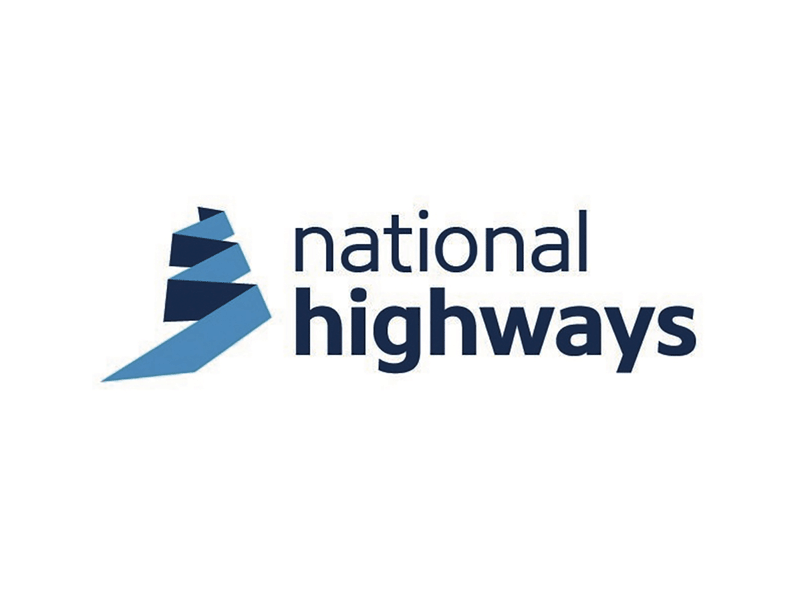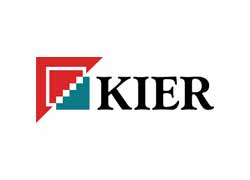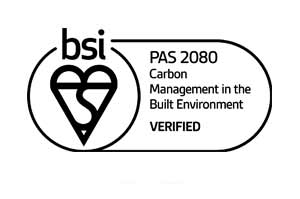Our Ecological Clerk of Works service, advocating for nature on site
An Ecological Clerk of Works (ECoW) acts as the eyes and ears of a project on the ground. They ensure that the construction works are undertaken in accordance with environmental legislation and best practice. The ECoW will also ensure that Environmental Protected Species licence methodology and mitigation, stakeholder or regulatory requirements and project plans/assessments are followed.
An ECoW on your site has the skills and experience of the construction environment including requirements and methodology of a scheme. They are used to communicating to a variety of site teams and can confidently deliver clear toolbox talks. Their flexible approach means that they can change ways of working, adapting method and approach according to on-site requirements.
All ECoWs keep up to date with wildlife legislation, making sure that latest guidance is adhered to and relevant to site itself and the species being protected.
Our friendly team of ecologists will be able to liaise with both the contractors and clients in an effective, manner and will ensure that site-based construction activities are being delivered in line with method statements and planning consent commitments. We also ensure that relevant wildlife laws are adhered to and can identify and resolve any ecological issues that may arise during a project.
Throughout your project our ecologists will be able to undertake the following:
- Production of, or input into key construction phase site documents including:
- The Construction Environmental Management Plan
- Construction Method Statement
- Permits to work
- Ecological Constraints Plan
- Habitat Management Plan or Landscape Environmental Management Plan
- Pre-construction and construction phase checks for protected species and habitats
- Provision of toolbox talks and site inductions for the contractors
- Provision and advice on the protection of ecological features and protected species mitigation measures
- Implementation and maintenance of exclusion zones
- Consultation with the Local Planning Authority (LPA) and other relevant consultees such as the Local Wildlife Trust, Natural England, and the Environment Agency
- Direction of construction workers
- Provision of ecological watching brief during for example, vegetation clearance or building renovation or demolition, habitat translocation work, habitat creation, habitat enhancement, habitat management work
- Species translocation
- Co-ordination of the implementation of EPS Mitigation and Badger Development licences
- Pollution Monitoring
- Daily record keeping and document signing
- Foresee potential problems
- Provision of information to the public due to potential direct engagements during works
Our partners and clients

























